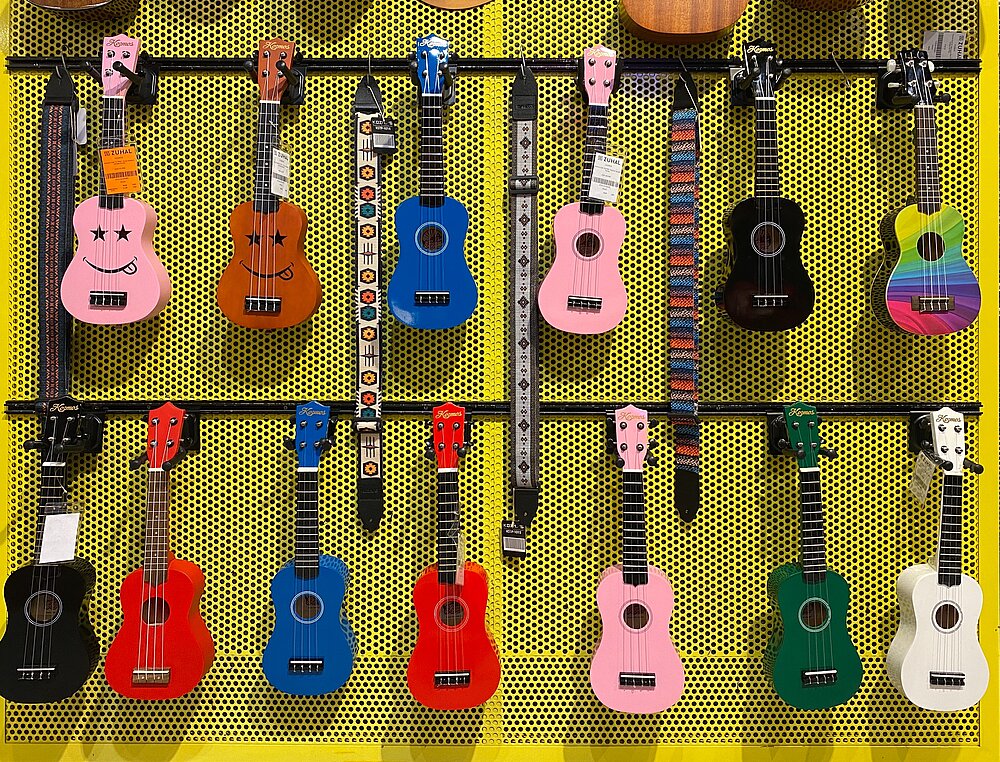Find out today what the legal world will be talking about tomorrow.
14.02.2022
Unleash the pastiche – are remixes and samples always permitted now?

Pastiche. Sounds somehow new. European. More creative. Are remixes and samples always permitted in music now? Or mash-ups, sound-alikes, style-alikes? Would Moses Pelham have battled Kraftwerk (“Metal on Metal”) even today? Is there no need any more to ask anyone? So, is it time to unleash the pastiche? The answer is a resounding No. While Europe has indeed sent a strong signal towards more artistic freedom and creativity with the new Pastiche barrier, this does not mean that samples and the like are generally permissible. First, the courts will have to define the applicable criteria more clearly. Until then, it remains preferable to request permission from the rights holders and, where in doubt, to make the appropriate payments to them.
Pâté, Pasticcio, Pastiche.
The new provision at issue is Section 51a German Copyright Act, introduced as part of the 2021 copyright reform. It now allows parodies and caricatures and also pastiche. And it allows – at least under due consideration of the pastiche barriers – also the appropriation of melodies. The deletion of the old Section 24 Copyright Act also rendered the rigid protection of melodies a thing of the past. So, somehow some elements are in fact new. Pastiche, then, like pâté or mishmash. A piece newly composed from pre-existing elements of other pieces of music. Stylistic imitation or re-composition of appropriated samples. In the digital world more in demand than ever. Musical interaction with a sample. Carried by humor and mockery in parody and caricature. Pastiche deals artistically with its original. Characterized by appreciation and reverence for the original, it is considered a homage. And whoever does so is now actually moving freely. Not unlimited, but at least limited only where the primary exploitation of the sample used is unduly impaired.
Sample, Remix, Mash-Up.
What does that mean specifically now? Much remains unclear. Section 51a does not allow blanket solutions. While samples, remixes, or mashups are not prohibited per se, they cannot generally be classified as pastiche within the meaning of the new Section 51a Copyright Act either. Mashups, as a specific form of music collage, will likely most frequently be classified as pastiche. As far as sampling is concerned, on the other hand, where sometimes the smallest snippets of sound are appropriated – much like the barely two-second sample from “Metal on Metal” – it is already questionable whether this can be classified as dealing with pre-existing work.
Don’t be silly.
What qualifies as pastiche in terms of samples and the like and under what criteria? What is permitted, what is not permitted? The legislator has recognized the importance of certain appropriation techniques in creative work, but the introduction of the pastiche barrier is a clear signal towards artistic freedom. The courts will have to sort all this out. And that may take some time. Until then, rights holders should be asked for permission to use their work, particularly with regards to commercial exploitation. Anything else is too risky. It is preferable to ask and pay than to litigate.
Authors: Götz Schneider-Rothhaar, Johanna Ludwig
Photo by gokhan polat on Unsplash
Authors



![[Translate to English:] [Translate to English:]](https://www.skwschwarz.de/fileadmin/_processed_/a/5/csm_ELLG_Maerz_2024_35e402a595.png)